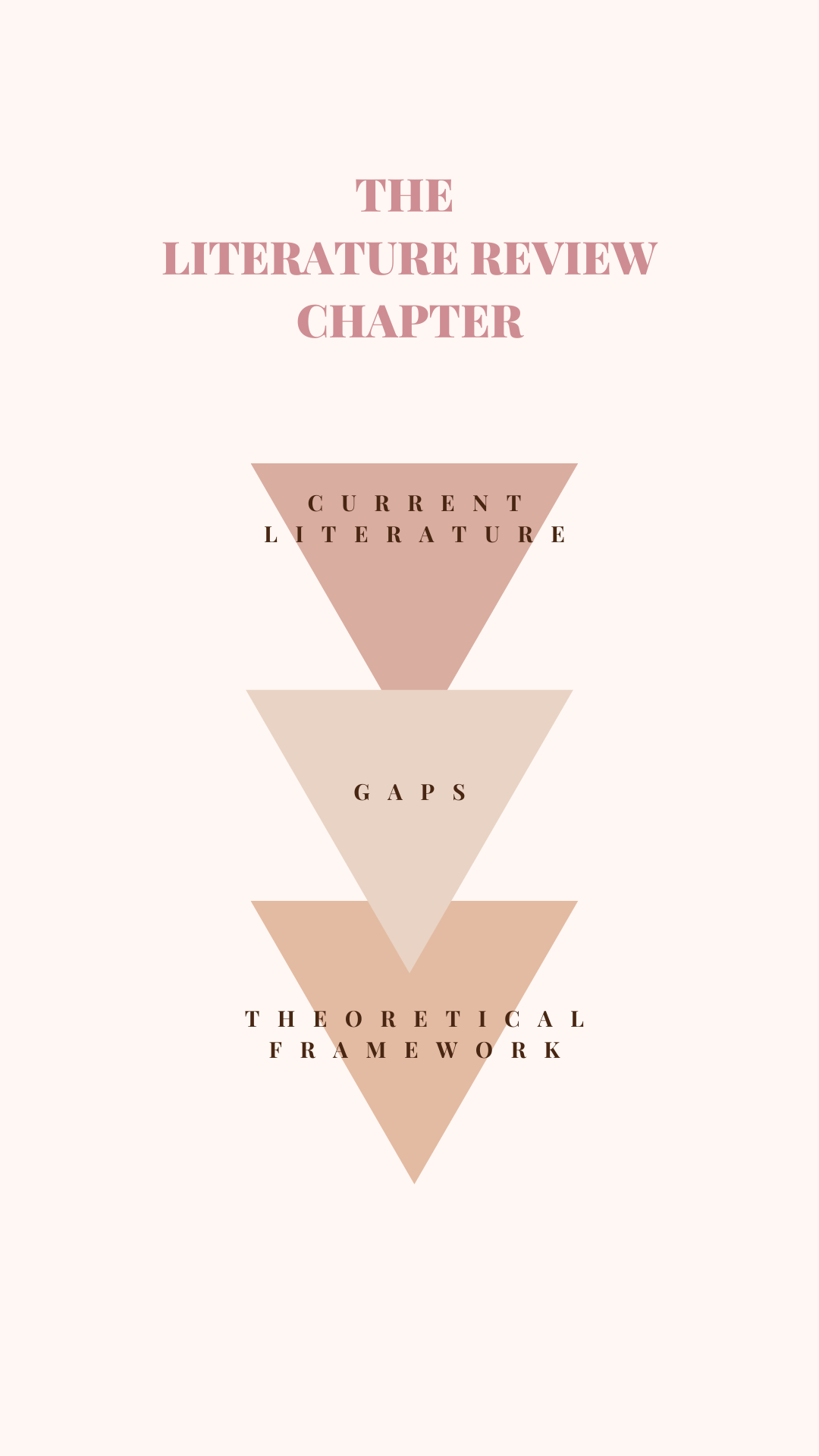Writing the literature review chapter of a dissertation can often feel like an overwhelming task. With so much existing research to explore, synthesize, and critique, it’s easy to feel lost in a sea of information. However, the literature review is a cornerstone of your dissertation—it establishes the academic foundation for your study, identifies the gaps your research aims to fill, and contextualises your work within the broader field.
This blog post offers guidance on writing an effective literature review, covering the main factors to consider, common pitfalls, and the value of coaching to streamline this crucial chapter.
Understanding the Purpose of the Literature Review
The literature review isn’t just a summary of previous research. It’s an analytical piece that:
– Demonstrates your understanding of the existing body of knowledge.
– Highlights the gaps or unresolved issues in the field.
– Positions your study within the academic conversation.
A well-crafted literature review not only supports your research objectives but also shows that you’ve critically engaged with the relevant scholarship.
Factors to Consider When Writing
1. Clear Scope and Focus
Define the scope of your review early. What themes, concepts, or questions will you explore? A focused approach prevents you from becoming sidetracked by irrelevant studies.

2. A Logical Structure
A coherent structure is vital for readability. Consider organising your review thematically, chronologically, or methodologically, depending on what best suits your research topic.
3. Critical Analysis
A literature review is not just about summarising studies. Critically evaluate the strengths and weaknesses of each piece of research and assess how it relates to your own study.
4. Contextualisation
Show how your study fits into the broader academic landscape. What does your research add to the field? This contextualisation helps readers understand your study’s relevance.
5. Comprehensive and Current Sources
Use a mix of classic foundational texts and recent studies. Demonstrating an awareness of the latest research is essential, as it reflects the current state of your field.
6. A Clear and Applicable Theoretical Framework
Make sure that your research is grounded in a clear and relevant theoretical framework. Your theoretical framework is more than a collection of theories—it’s the backbone of your dissertation. By selecting and articulating the right theories effectively, you can provide clarity, focus, and depth to your work.
Common Pitfalls to Avoid
– Being Too Descriptive
Avoid simply listing studies one after the other without analysis. A good literature review synthesises information, showing connections and trends.
– Overloading with Information
Including every article you’ve read is tempting but counterproductive. Focus on the most relevant and impactful sources to keep your review concise and meaningful.
– Lack of Organisation
An unstructured review confuses readers. Plan your sections and transitions carefully to maintain a logical flow.
– Neglecting to Connect to Your Research
Your literature review should always tie back to your research objectives. Don’t just critique other studies—explain how they inform your work.
How Academic Coaching Can Help
Crafting a literature review can be daunting, especially if you’re unsure how to critically engage with sources or structure your chapter effectively. This is where academic coaching comes in.
An experienced academic coach can:
– Provide feedback on your critical analysis to ensure it’s insightful and well-balanced.
– Offer strategies to organise your review logically and clearly.
– Save you time by helping you focus on what truly matters for your dissertation.
Whether you’re struggling to get started or need assistance refining your draft, coaching can provide the personalised support necessary to transform your literature review from a daunting task to an academic achievement.
Take the Next Step
Writing a strong literature review is a crucial step in the dissertation process, and the right guidance can make all the difference. If you’re feeling overwhelmed or simply want to ensure your review is as polished as possible, consider reaching out for coaching support.
A coach can help you navigate the complexities of this chapter and set a strong foundation for the rest of your dissertation.